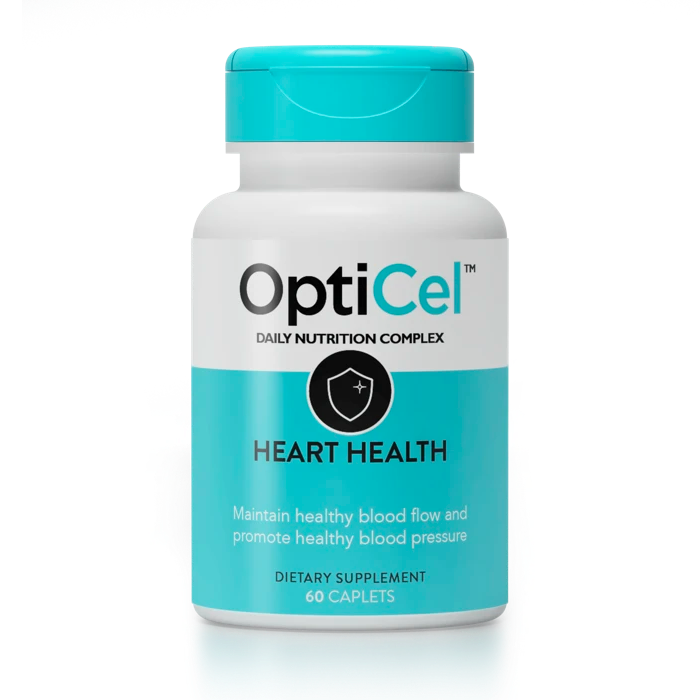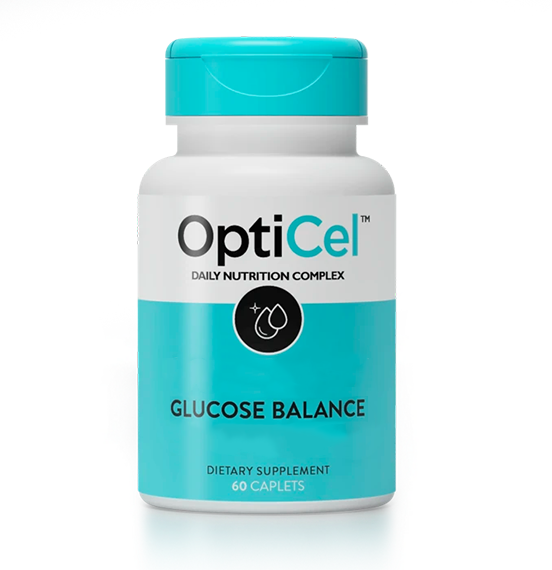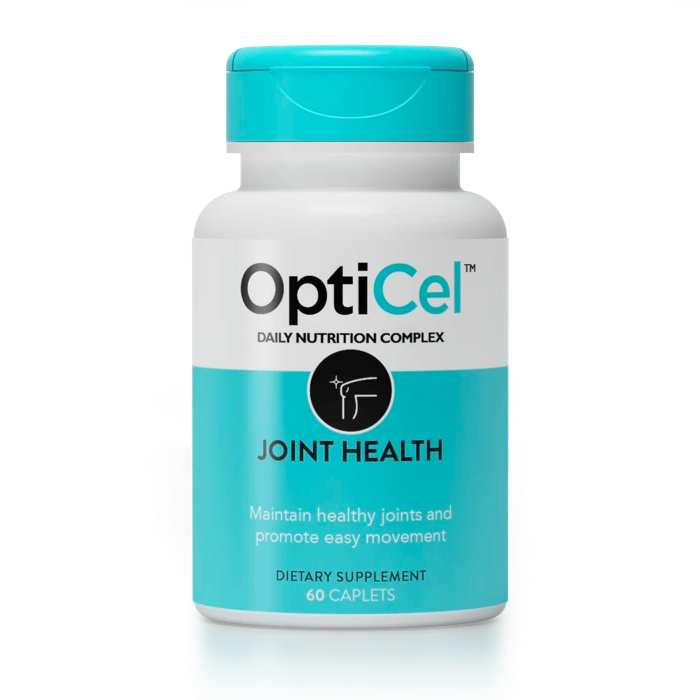Oxidative stress might sound complicated, but it’s something our bodies deal with every day. It happens when too many unstable molecules called free radicals build up, and there aren’t enough antioxidants to neutralize them. This imbalance damages our cells, leading to faster aging and a higher risk of diseases like heart disease and diabetes.
Understanding oxidative stress is important because it impacts overall health—including joint function, heart health, and even how the body processes blood sugar. Pollution, stress, and poor eating habits all contribute to oxidative stress. Over time, this silent damage can weaken the body without obvious symptoms, making it essential to take action before problems arise.
Luckily, there are ways to fight back. By increasing antioxidants through diet and supplements, along with healthy lifestyle choices, you can protect your cells and maintain long-term wellness.
What Is Oxidative Stress?
Oxidative stress occurs when there’s an imbalance between free radicals and antioxidants in the body. Free radicals are unstable molecules that can harm DNA, proteins, and lipids, leading to cell damage. Antioxidants act as defenders, neutralizing these harmful molecules.
When free radicals outnumber antioxidants, the body struggles to repair the damage, which accelerates aging and increases the risk of diseases. This ongoing battle weakens the body’s ability to function properly, affecting everything from the skin to the heart and joints.
By managing oxidative stress, you’re not just preventing diseases—you’re supporting better energy, healthier aging, and improved overall function. Lowering oxidative stress leads to stronger immunity, better joint mobility, and even enhanced cognitive function.
Sources and Effects of Oxidative Stress
Everyday factors contribute to oxidative stress. Some of the biggest sources include:
-
Pollution and Toxins: Exposure to chemicals in the air, food, and water increases free radical production.
-
Unhealthy Diets: Eating too much processed food, sugar, and unhealthy fats fuels oxidative damage.
-
Chronic Stress: Ongoing stress raises cortisol levels, which weakens the body’s defenses against free radicals.
-
Lack of Exercise or Overexertion: A sedentary lifestyle and excessive exercise without recovery both contribute to oxidative stress.
The effects of oxidative stress can be widespread:
-
Heart Health: It increases inflammation and contributes to plaque buildup in arteries, raising the risk of heart disease.
-
Joint Health: Oxidative stress damages cartilage, worsening conditions like arthritis and leading to stiffness and pain.
-
Blood Sugar Regulation: High oxidative stress can weaken insulin sensitivity, increasing the risk of metabolic disorders like type 2 diabetes.
By recognizing these sources and impacts, you can take proactive steps to reduce oxidative stress and improve long-term health.
Combatting Oxidative Stress With Antioxidants
One strategy to tackle oxidative stress is to introduce more antioxidants into your body. Antioxidants work by neutralizing free radicals, which helps to protect cells from damage. Some powerful antioxidants include oligomeric proanthocyanidins (OPC), quercetin, and trans-resveratrol. These compounds are found naturally in foods like berries, nuts, and seeds. They play an important role in maintaining the delicate balance needed for good health.
Opticel leverages the synergistic potential of these ingredients, which means they work together more effectively than when used alone. This symbiosis heightens their antioxidant properties, making them more potent. The formulations are clinically designed so that these compounds are highly absorbable. This allows antioxidants to efficiently travel from the gut through the bloodstream to reach your cells, where they can make the most impact.
By enhancing the body's antioxidant arsenal, our formulations not only help in reducing oxidative stress but also aid in supporting functions that promote cardiovascular health, glucose stability, and joint mobility. These measures show how targeted antioxidant use can be a game-changer in stress reduction and health preservation.
Lifestyle Changes to Reduce Oxidative Stress
Beyond supplements, small lifestyle changes can significantly lower oxidative stress and improve overall health. Here’s how you can take action:
- Eat Antioxidant-Rich Foods: Load up on berries, citrus fruits, spinach, and nuts to boost your natural antioxidant levels.
- Exercise Regularly: Moderate physical activity improves circulation and enhances the body's natural antioxidant production.
- Manage Stress Effectively: Mindfulness, meditation, and deep breathing exercises can lower cortisol levels and reduce oxidative damage.
- Improve Sleep Quality: Restorative sleep helps the body repair itself and fight off oxidative stress.
- Reduce Toxin Exposure: Limit alcohol consumption, avoid smoking, and choose organic foods when possible to reduce toxin-related stress on the body.
A holistic approach combining these lifestyle changes with OptiCel’s antioxidant-rich formula can offer the best protection against oxidative damage.
Conclusion
Oxidative stress may be unavoidable, but its effects are not. By taking the right steps, you can protect your body from premature aging, chronic inflammation, and long-term health risks. Addressing oxidative stress means improving not just how you feel today, but how well you function in the years to come.
OptiCel’s scientifically designed formula goes beyond typical antioxidant supplements. By using synergistic ingredients optimized for absorption, it provides comprehensive support for cellular health, inflammation reduction, and metabolic balance.
Don’t wait until oxidative stress takes a toll on your health. Take control today with OptiCel—your trusted source for powerful antioxidant protection and long-term wellness. Try it now and experience the difference!





